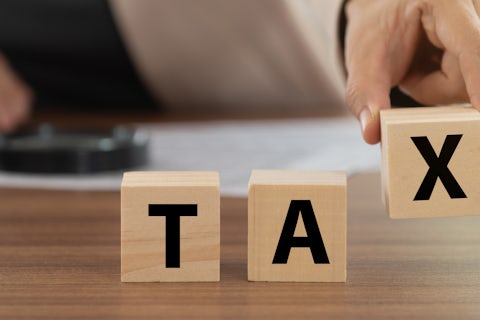 Short notes on some of the less well-reported measures introduced in this year’s budget.
Short notes on some of the less well-reported measures introduced in this year’s budget.
Rent a room relief – puncturing the airbed in AirB&B
The Treasury has announced that it will consult on proposals to redesign rent-a-room relief to ensure it is better targeted to support longer-term lettings. The government’s stated intention is to align the relief more closely with its intended purpose, which is to increase supply of affordable long-term lodgings.
It looks like the Treasury intends to close a loophole that has allowed people renting out rooms in their homes with the likes of AirB&B to earn up to £7,500 tax free.
Offshore Property Developers
The government has announced that it will amend legislation to ensure that all profits realised by offshore property developers developing land in the UK, including those on pre-existing contracts, are subject to tax, with effect from 8 March 2017.
In 2016, profits realised on trading UK development property by offshore entities were brought within corporation or income tax for disposals made after 5 July 2016. However, there were exceptions for disposals made after 5 July 2016, but under a pre-existing contract.
HMRC realised that many development sale contracts are entered into very early the life of a development and actual taxable disposals may not happen for many years. This change therefore brings disposals made from 8 March 2017 into the UK tax net, irrespective of when the contract was made.
Image Rights
The Treasury has announced it will be issuing guidance on “image rights” to improve clarity of the existing rules. Image rights are rights to use a celebrity’s likeness for commercial gain. Some employers (we suspect major football clubs) pay “image rights” to their employees under separate contractual arrangements to their employment income. The guidance is aimed at ensuring that payments for image rights are properly taxed.
Renewable Energy and Decarbonisation
The Levy Control Framework is a budgetary system to control the cost to business and households of “decarbonising” the UK’s energy supplies. It is essentially the overall method by which the cost of incentives to develop renewable energy is managed. The government has indicated that it will be looking to replace the existing Levy Control Framework in the course of the year.
Also, the Government has stated that it will, from 2021-22 target a total carbon price and set the specific tax rate. Further details are expected in the Autumn.
The information and opinions contained in this blog are for information only. They are not intended to constitute advice and should not be relied upon or considered as a replacement for advice. Before acting on any of the information contained in this blog, please seek specific advice from Gilson Gray.







